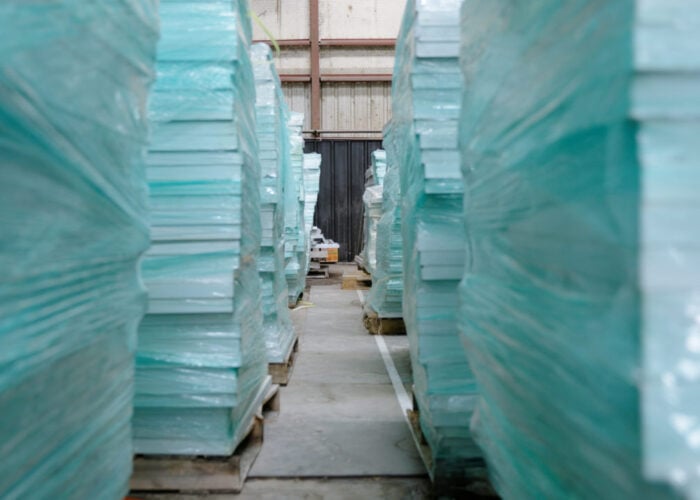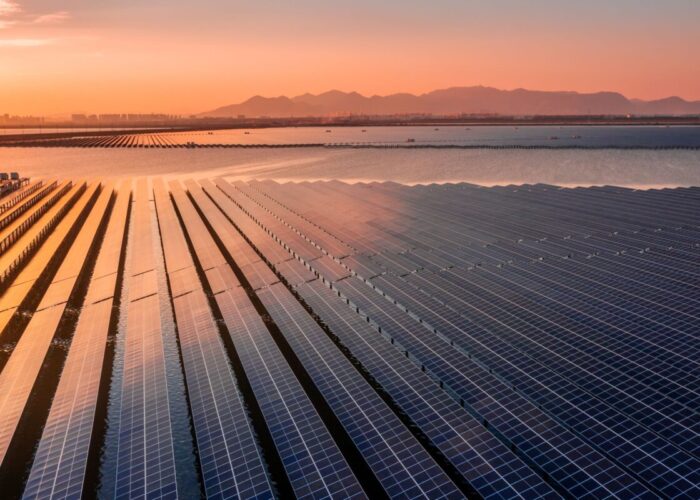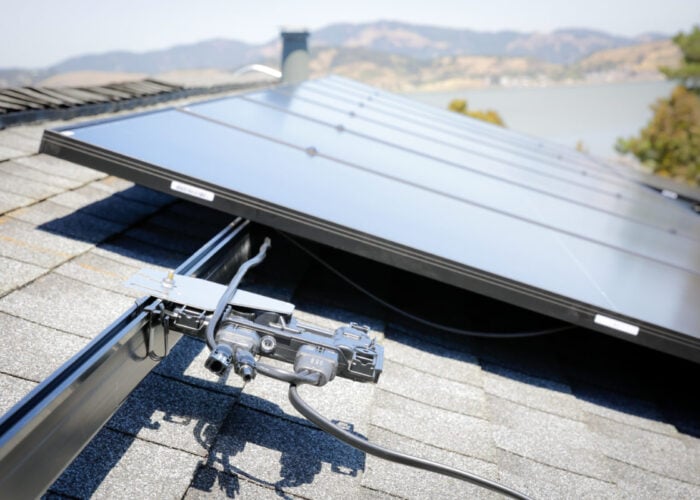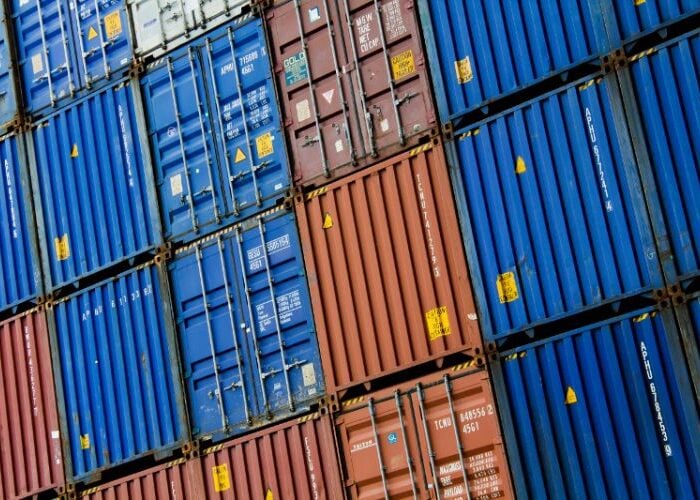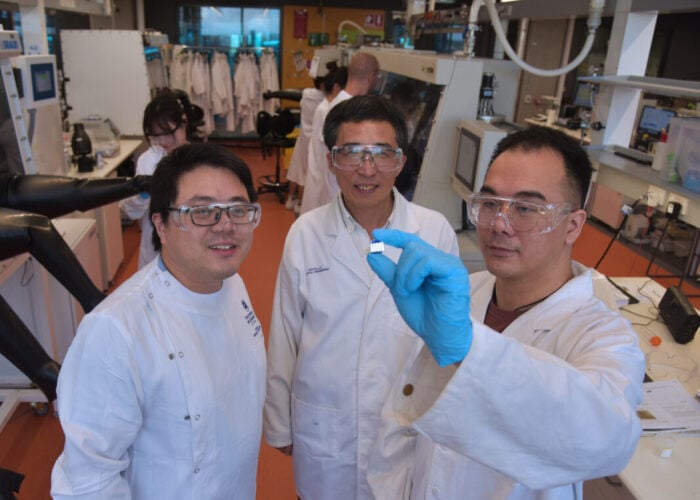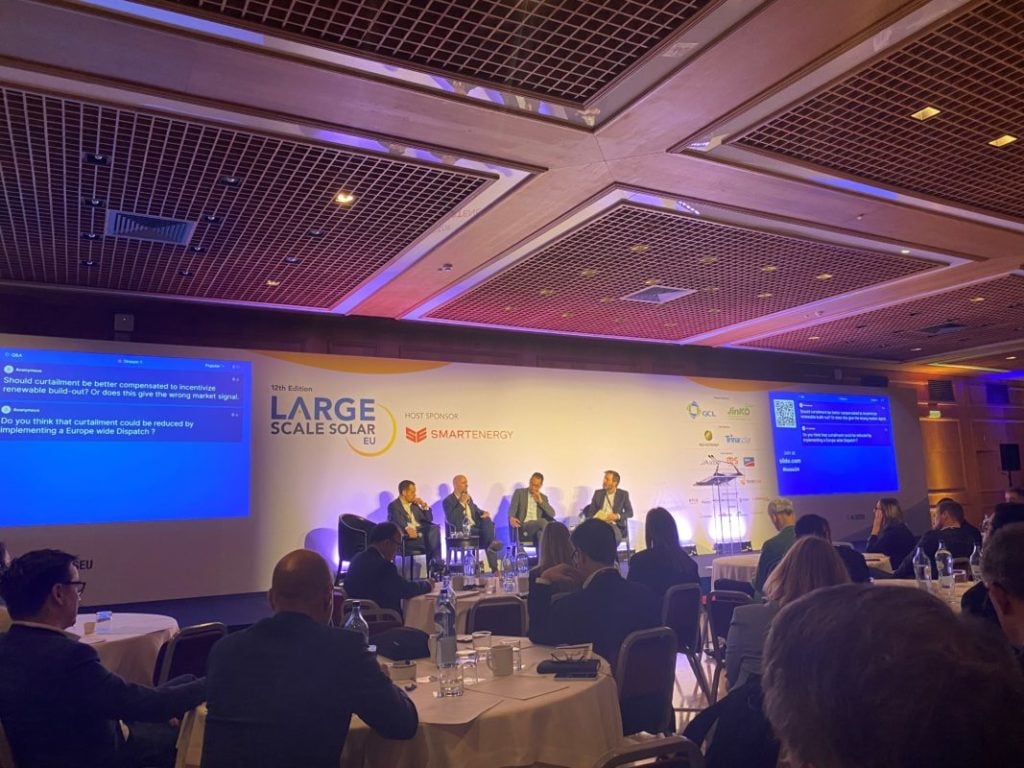
The policy environment for solar PV in Europe needs to be balanced between the interests of developers and other industry parties, according to speakers at today’s Large Scale Solar Europe conference in Lisbon.
The second panel of the conference, focusing on “Europe’s Policy, Legislation and Progress towards 2023 targets”, saw speakers discuss the impact of Brussels’ policies on the downstream and manufacturing sectors of the European solar industry.
Unlock unlimited access for 12 whole months of distinctive global analysis
Photovoltaics International is now included.
- Regular insight and analysis of the industry’s biggest developments
- In-depth interviews with the industry’s leading figures
- Unlimited digital access to the PV Tech Power journal catalogue
- Unlimited digital access to the Photovoltaics International journal catalogue
- Access to more than 1,000 technical papers
- Discounts on Solar Media’s portfolio of events, in-person and virtual
Or continue reading this article for free
“We will import”
Recent discussion around Europe’s solar manufacturing industry – or the reported lack thereof – has been heating up with regard to onshoring capacity. Whilst announcing currently unspecified financial support for the sector, European Commissioner for energy Kadri Simson cited a “very fragile situation” for the bloc’s manufacturers, which have been witness to significant oversupply from China and the exit of some prominent figures from the market over the last year.
The EU currently has a target to reach 30GW of solar PV manufacturing capacity across the value chain by 2025, shepherded by its European Solar PV Industry Alliance (ESIA).
Speaking on this morning’s panel, Christian Pho Duc, chief technology officer at Swiss renewables investment firm Smartenergy said: “The [30GW] target is one thing, but we need to put the environment and the decision to do such investment in action at the implementation phase. We heard about Meyer Burger [which abandoned its European manufacturing facility earlier this year].
“Meanwhile,” he continued, “Wacker Chemie [Europe’s largest polysilicon producer] is considering, based on energy prices, that it is too difficult to continue production here [in Europe] and they may move to Asia even more. It’s a bit depressing.”
However, market demand is continuing to increase which, coupled with emerging political rhetoric about the need for supply chain resilience, does create an opportunity to “get a certain share back in Europe”, Pho Duc said.
The notion of growing future demand was central to all of the discussions on the first morning of the conference. In the opening remarks to this panel, João Amaral, group CTO and country manager for Portugal at developer Voltalia invited the audience to answer with a show of hands: “Who thinks that consumption will increase by 2030?” The forest of raised arms notably outnumbered the doubters.
In light of this growing demand for electricity, and solar PV, Amaral said: “One thing is clear: we will import. We will import modules, and inverters. This is clear and defined, there’s no way around it.” Solar manufacturing capacity outside of Europe, particularly amongst the leading Chinese manufacturers, has expanded massively in recent years – a Bloomberg New Energy Finance report from January found that investment into solar manufacturing had reached a point whereby “no new factories are required by 2030.”
The report said: “The supply glut will put pressure on solar module prices for years to come, and weakens the case for localising production in markets with little existing solar manufacturing.”
Regulation is “Extremely hard”
Amaral continued, and said that the changing dynamics of the industry regarding overcapacity and the drop in module prices which was “completely different” one year ago make it “extremely hard to have a solid, stable regulation, when all the variables change especially from the market and suppliers.”
Pho Duc said “we need to control” imports from other markets, but that Europe “cannot suddenly say we are not partnering anymore, with the Chinese and others…it’s super important for our industry, beyond the political agenda, to have good relations between companies and establish partnerships.”
The “political agenda” returned later in the panel, when discussion turned to the need to balance supply regulation and domestic manufacturing support with the growing demand for solar deployments.
Francisco Beirão, head of government affairs for Europe at solar developer Lightsource bp spoke about the Net Zero Industry Act (NZIA) introduced last year and the ways that governments could support both developers and domestic manufacturers.
“The NZIA…was a way to react to the Inflation Reduction Act (IRA) [the US’ massive climate package] with the purpose of making the supply chain for renewables more resilient.
“And the way that was seen by the Commission and imposed by a lot of members of EU Parliament was that ‘we need to restrict supply’. And I think the reaction from the industry was that if you’re going to restrict the supply of technology then you’re going to impact the deployment, and then asking how to find the balance between the resilience of the supply chain without impacting the deployment of renewables on the ground.”
Beirão foresaw a “subset of the market” which will “provide visibility for investors in European manufacturing, while the majority of the market will still operate on the international supply chain – keeping costs under control, keeping the competition in place and with a strong focus on serving clients and reaching the targets.”
The European Solar Manufacturing Council (ESMC) has previously called the pricing of imported modules to Europe “uncompetitive” and “unsustainable”.
“We’re going to keep importing,” Beirão said, “and if we were purely waiting for European technology to serve the market – it’s just impossible.”

